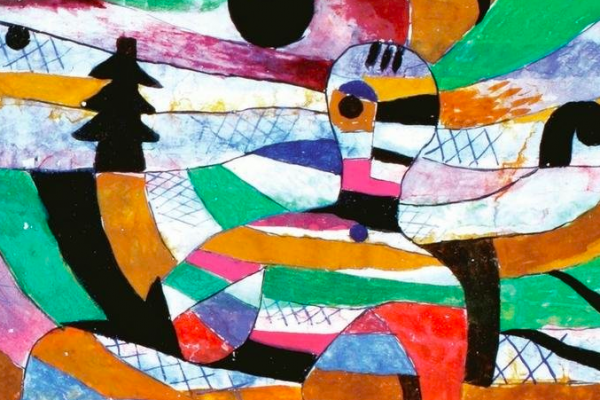Light Disguise
David Sofield
Copper Beech Press, $14
This first collection’s verbal, formal, and imagistic disguises conceal—lightly—a dark streak worthy of Larkin. Light Disguise opens with an inscription from a Venetian sundial (“Only the serene hours I number”) and closes with another from Heidegger (“The moribundus gives the sum its sense”), and the relationship between these two inscriptions—the first promising eternal serenity, the last assuring us that we are dead before we even start to exist—is the subject of the book. In other words, the book’s subject is art, or the passing of time and how art might be enlisted to delay it, unsteady it, keep it an open question. Artfulness here seems like an unspoken prerequisite for being a person at all, and people in Light Disguise often seem truest to themselves when beheld performing. In “That Moment Long,” a mother plays Debussy on the piano every night while her husband is away at war; when he returns, he forces the family into a comic-horrific dawn exercise regimen to keep them “Fiji fit.” These two strategies for inhabiting time (the mother’s lending comfort, the father’s provoking distress) suggest that happiness is largely a question of what instrument one plays to accompany one’s life—and how well one holds the tune. While this notion squares with the sundial’s motto, more often it is Heidegger whose words preside over Sofield’s. A professor at Amherst in his 60s, Sofield has accumulated these poems over the last several decades, and as may be fitting for a book written slowly over time, Light Disguise is full of unusual and inventive elegies. These are remarkable in part for their ability to keep the book’s larger philosophical questions in play, but also for their unlikely wit, as in “Death’s Duell,” which is both a dreamlike tribute to the poet’s mother-in-law (a noted soprano, she hums a phrase from Die Zauberfölte on her deathbed) and a profound exploration of the membrane, always porous, between “art” and “life.”





